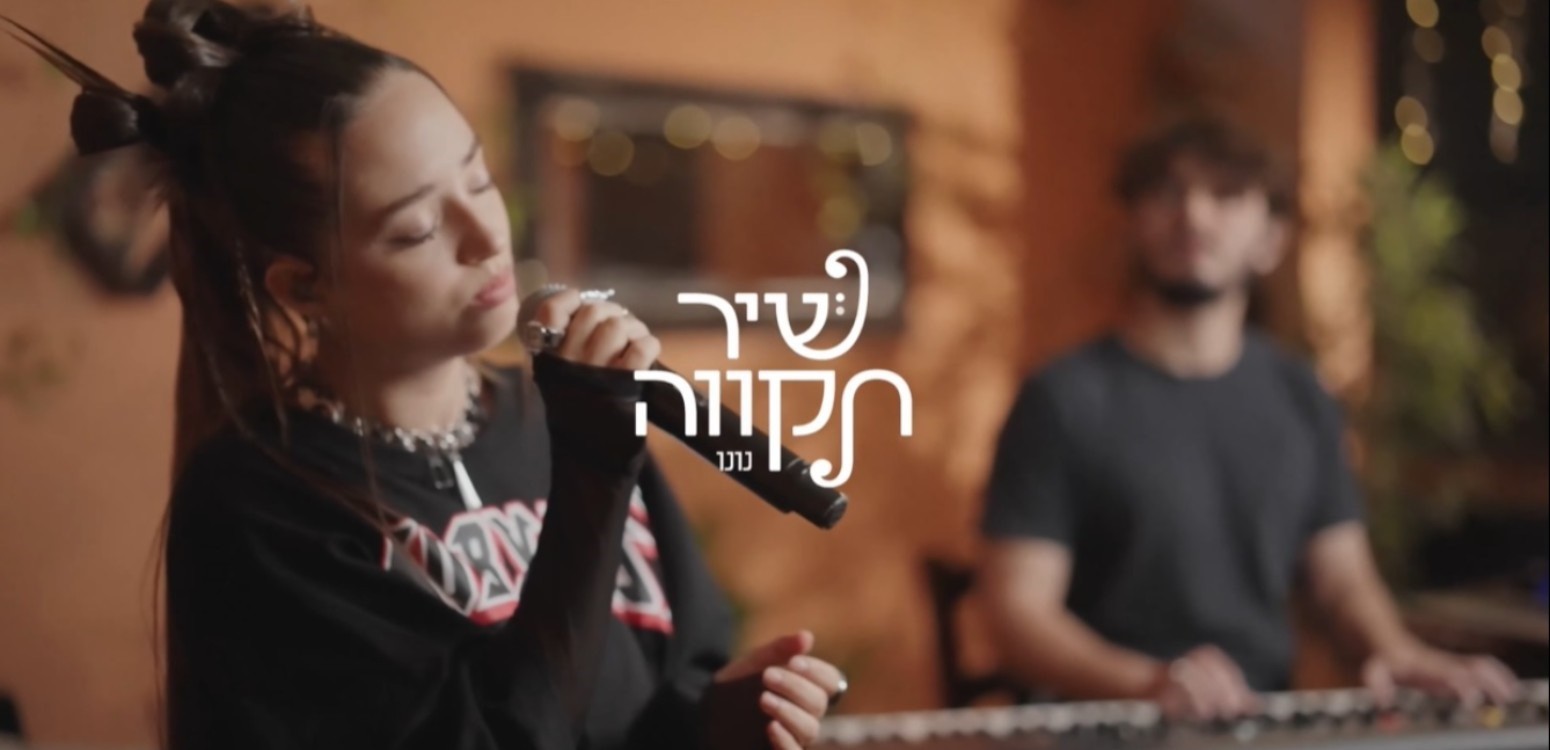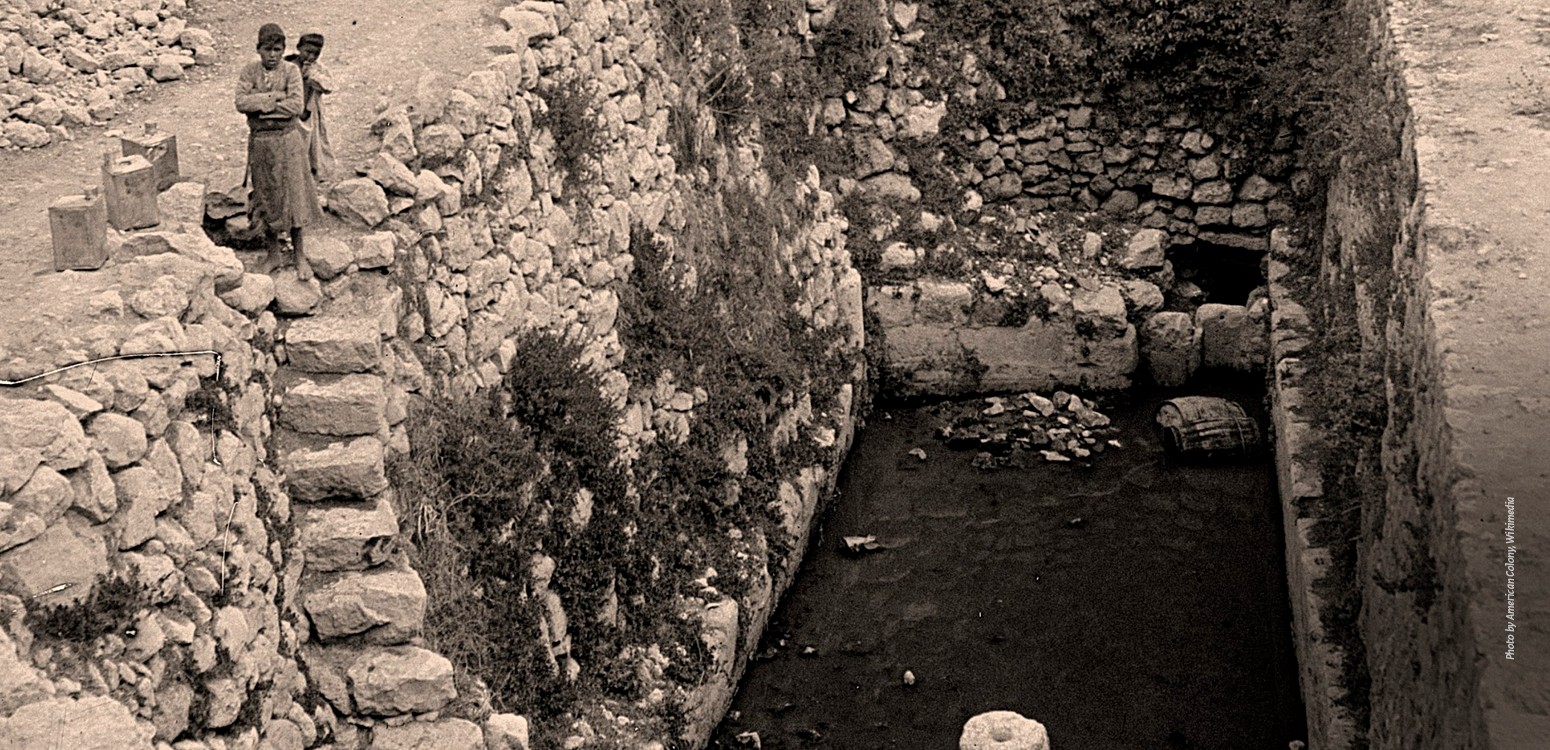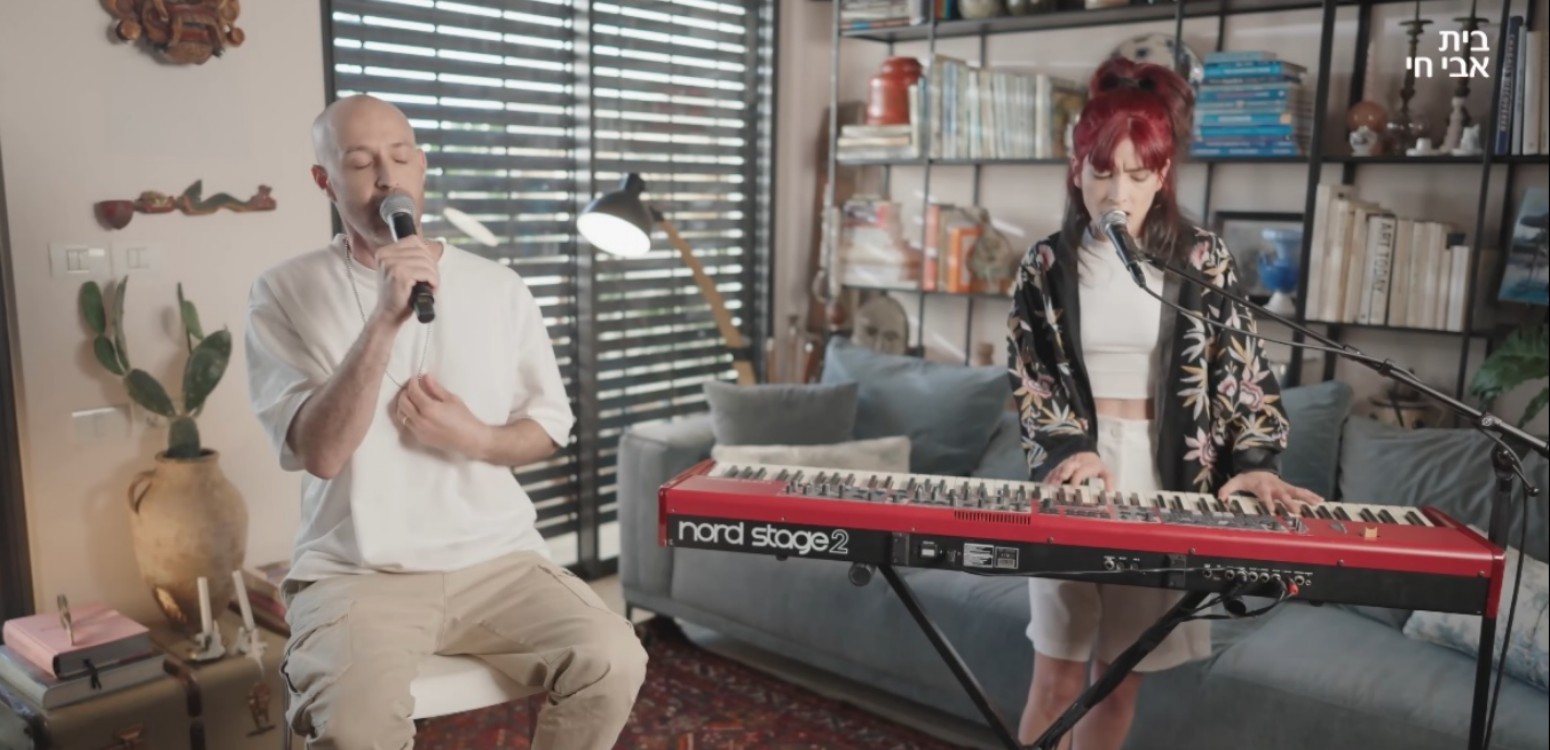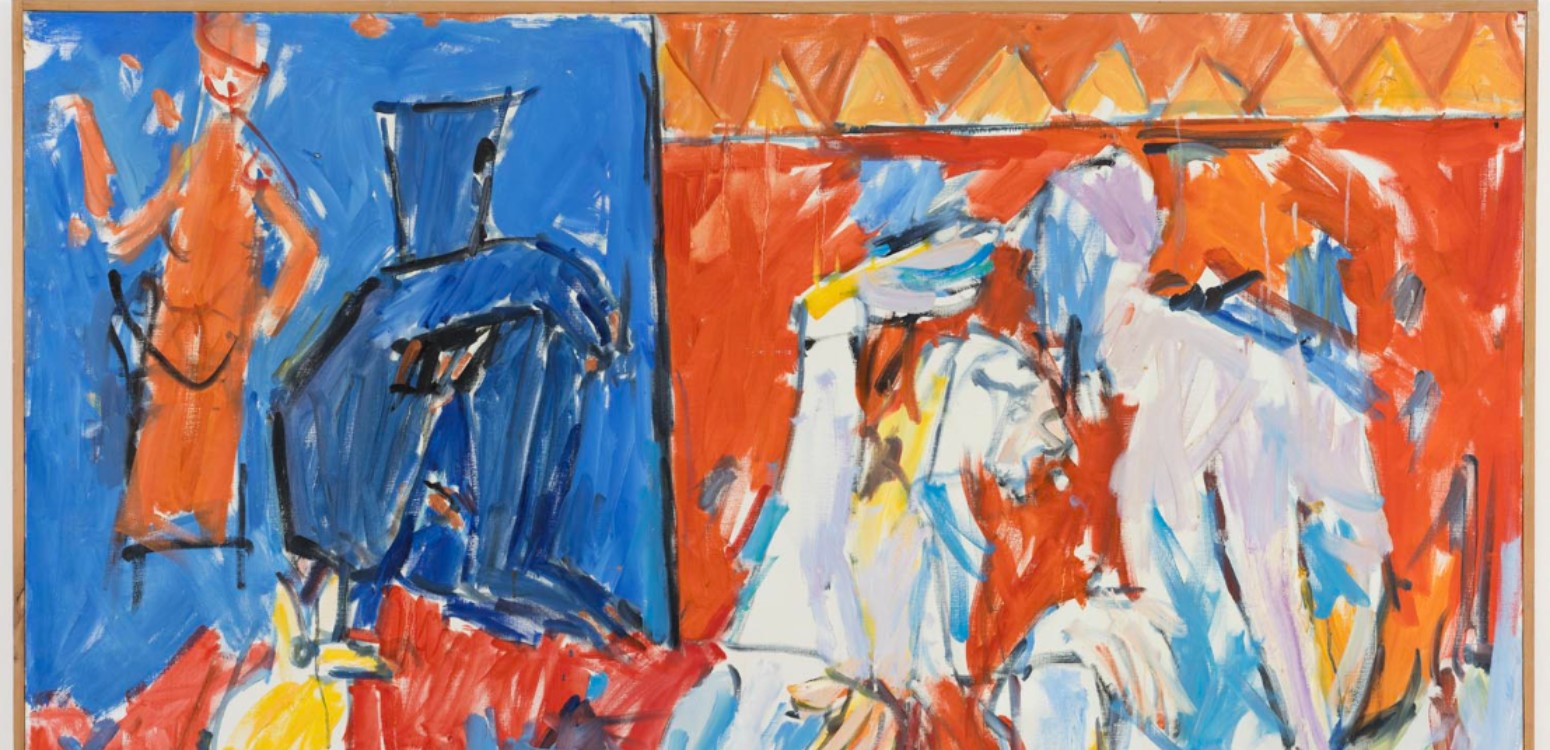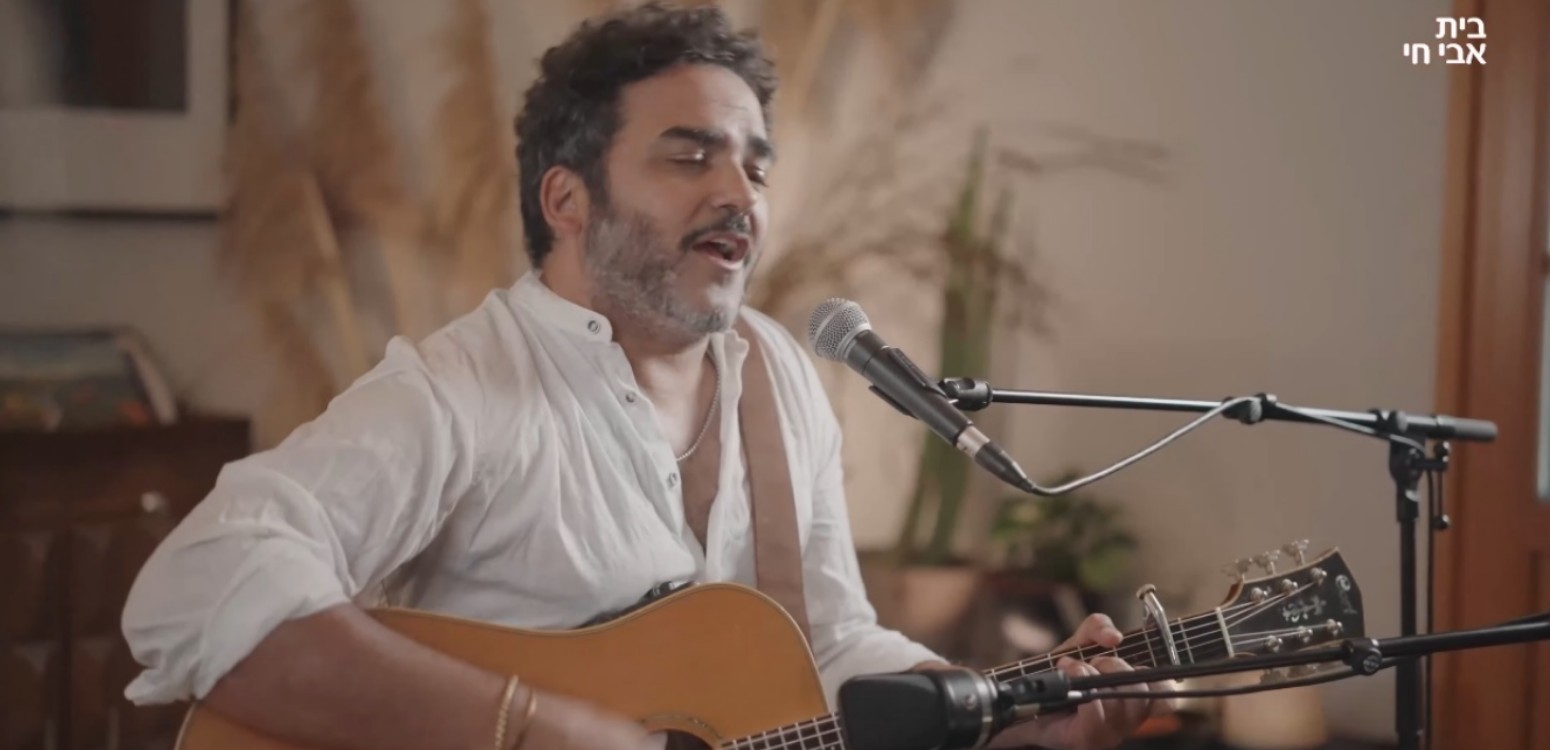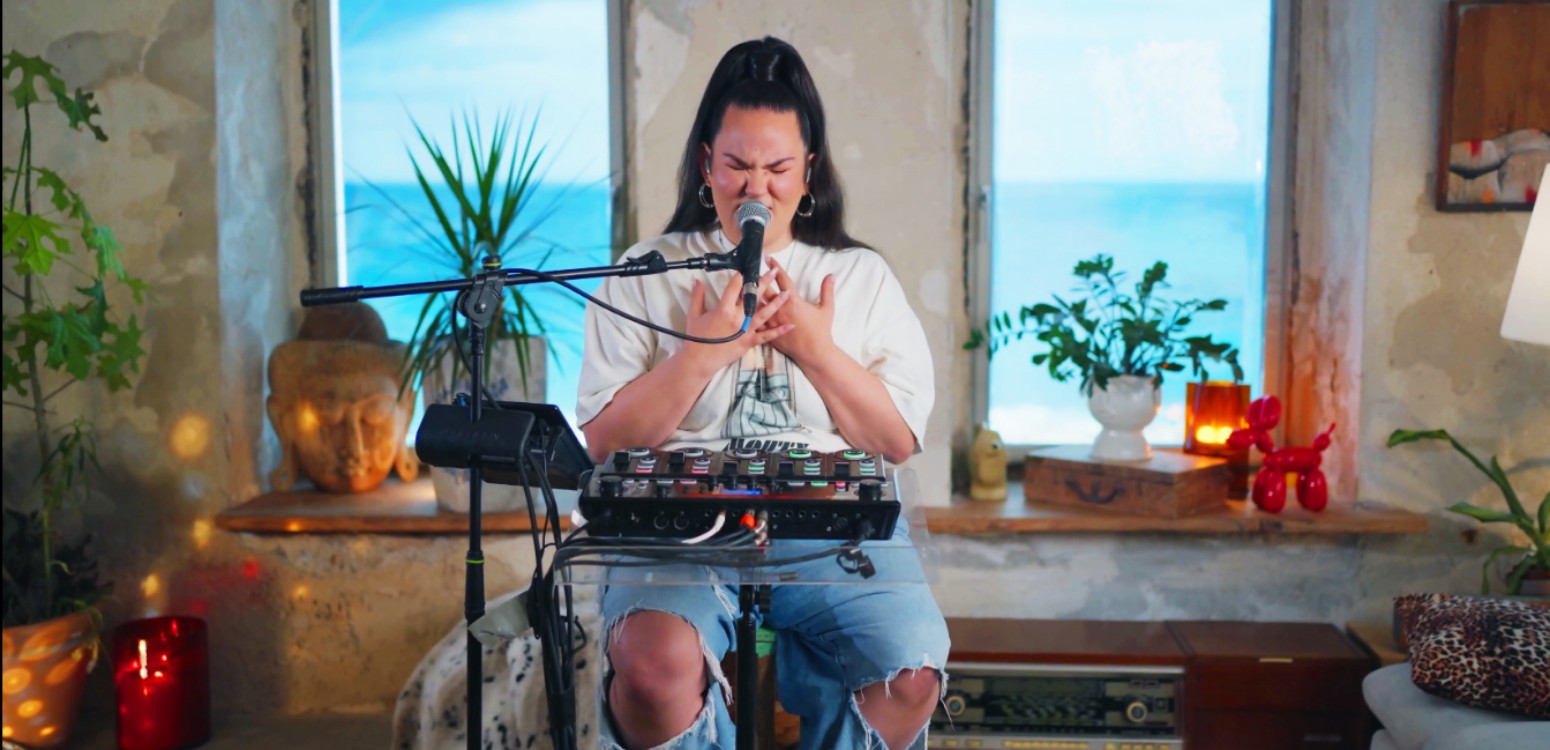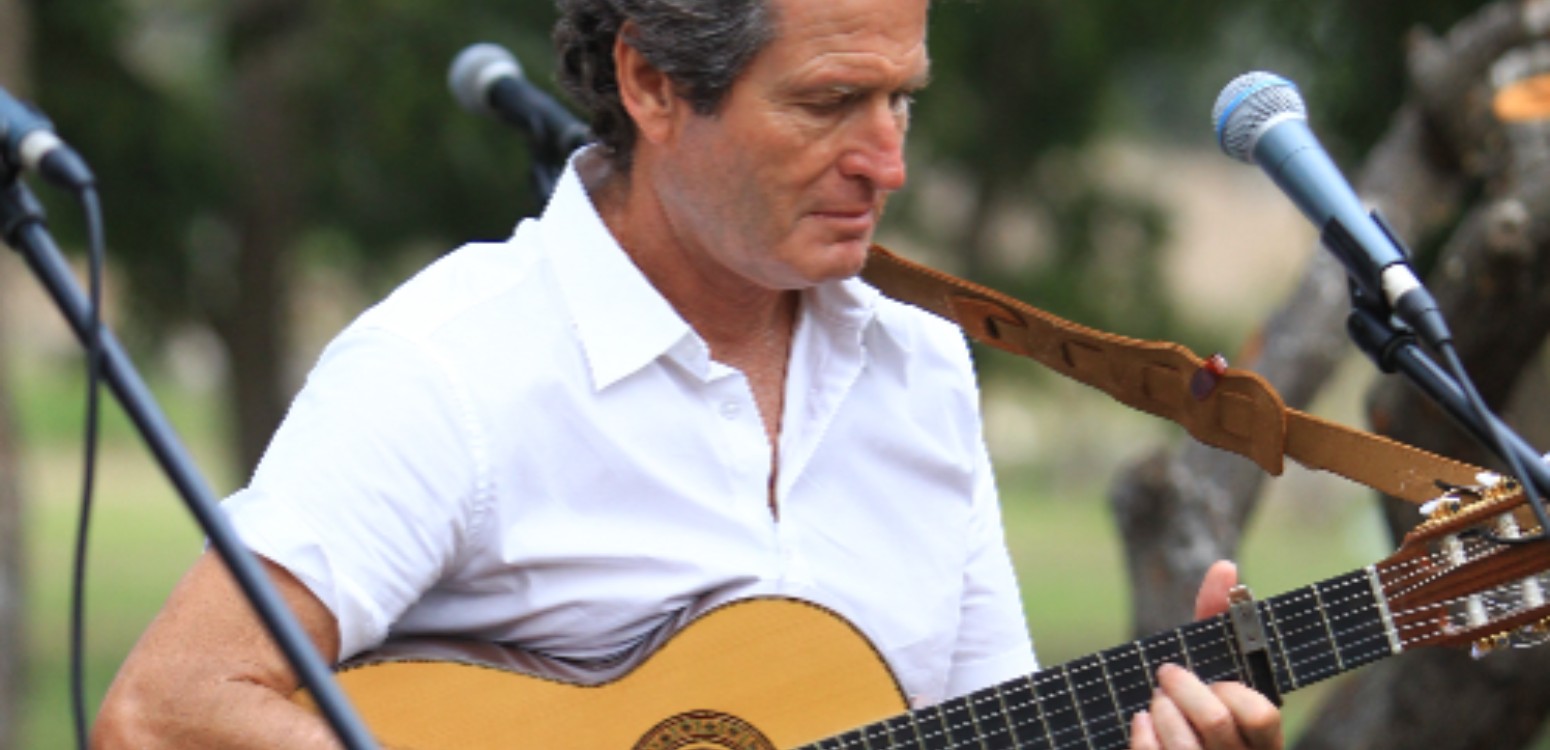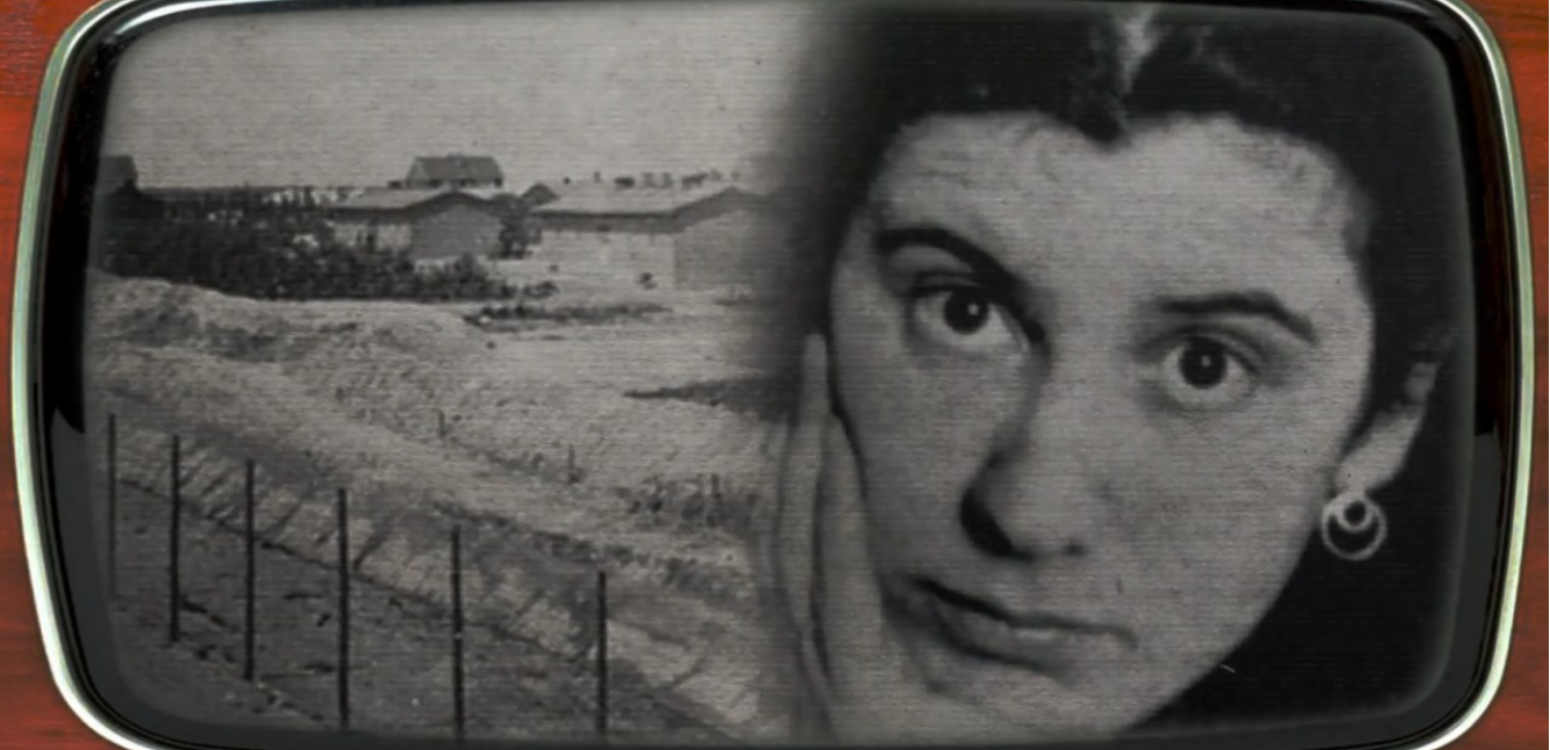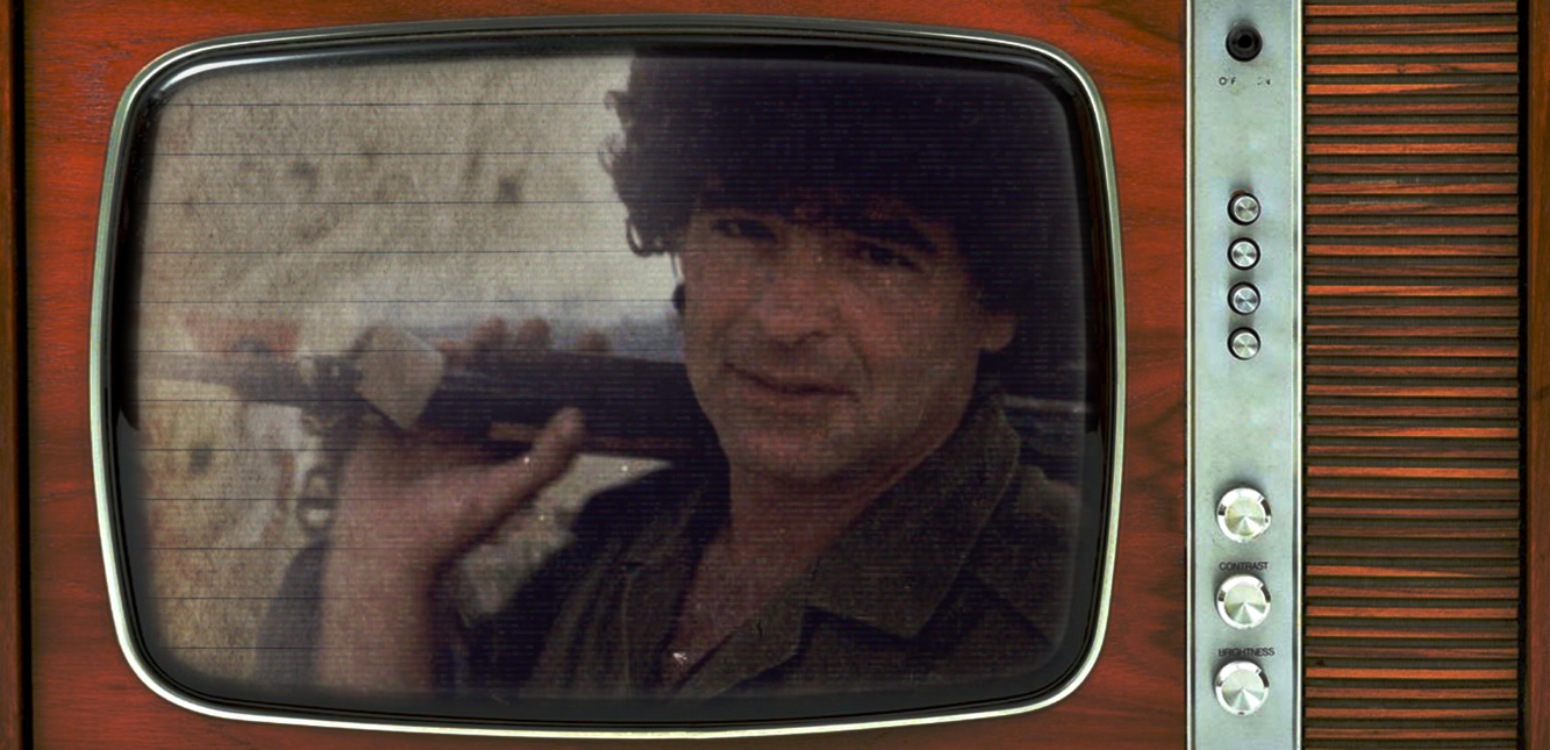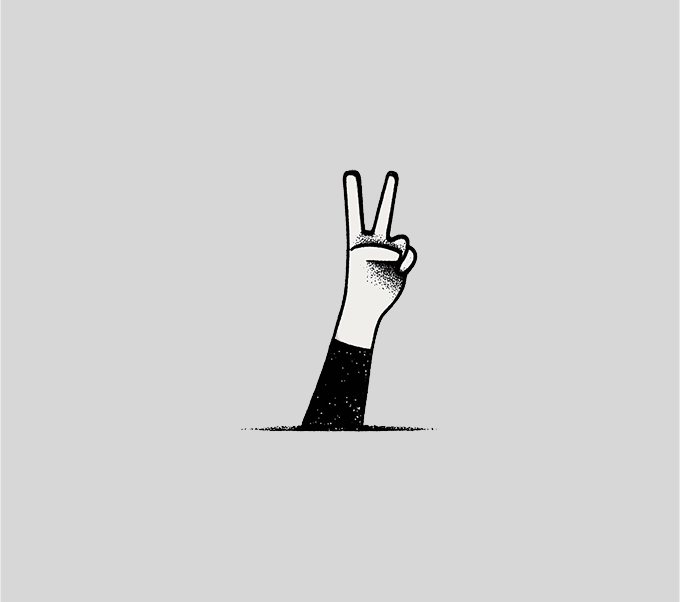When Leonard Cohen traded his Greek island idyll for the Sinai Desert during one of Israel’s darkest hours, he created an enduring legend. Now, fifty years later, Beit Avi Chai brings this extraordinary chapter to life through music, rare footage, and Cohen’s own wartime journals – a production that resonates even more profoundly in the wake of October 7
In October 1973, as Israeli soldiers fought for survival in the Sinai Desert, an unlikely figure appeared among them: Leonard Cohen (1934–2016), guitar in hand, having earlier traveled from his home on the Greek island of Hydra to support them. This fascinating and previously underexplored episode in the star’s life inspired the journalist Matti Friedman, who like Cohen also hails from Canada, to write “Who by Fire: Leonard Cohen in the Sinai.”
The book was written in English but published first in Hebrew in 2021 by Kinneret Zmora-Bitan Dvir, translated by Amir Zukerman, then published in English in 2022 by Spiegel & Grau in the US and Penguin Random House in Canada. It draws both on Cohen’s previously unpublished journal entries from that time and interviews with IDF veterans and cultural figures who travelled with Cohen during the Yom Kippur War. Inspired by the book, Beit Avi Chai’s Avishai Huri, together with video artist Arik Futterman and aided by BAC’s Amichai Chasson, who served as artistic advisor, created a multimedia performance, also named “Who by Fire,” combining music, video, and live as well as recorded narration. First staged at Beit Avi Chai, it has also toured nationally, and in June is returning for a new tour throughout the country, at the moment ending late October (although more performances might be added in the future).
Within earshot of artillery fire
Leonard Cohen’s sojourn in Israel during the war was as unexpected as it was poignant. With the success of his third studio album, “Songs of Love and Hate,” still fresh, the 39-year-old abandoned his tranquil life on Hydra and flew to Tel Aviv to be with his people. Cohen embedded with troops near the Suez Canal, playing impromptu concerts at army bases, sometimes within earshot of artillery fire. Between performances, he filled notebooks with raw reflections on war, faith, and despair. His visit became legend: a global star trading stadiums for the Sinai dust, offering not just music but a fragile sense of solace amid the chaos.
“The story of Leonard Cohen’s visit to Israel during the Yom Kippur War has fuelled the imagination of everyone who has heard about it,” Huri explains. “It has the most important element a story needs – surprise. Everything about this story is surprising.” The show adopts a multidisciplinary approach, featuring Cohen’s songs, live narration, and archival diary entries, with Israeli TV personality Kobi Meidan breathing life into the written word through recorded narration.
For Friedman, meanwhile, the performance was an opportunity to try something new. “I’m a print guy – when I write, the ultimate product is what’s written on the page. But the book has theatrical potential because of the nature of the material. The story is like a musical, with the narrative punctuated by some of the greatest songs of the last century.”
Diary entries and wartime footage
The show goes beyond recounting Cohen’s story – it immerses the audience in it. Projected diary entries, wartime footage, and live renditions of Cohen’s songs blur the line between documentary and concert. The show features footage of Cohen’s performance in Jerusalem on a previous visit before the war; Matti Friedman speaking about Cohen and his background (you could say he’s a sort of supplementary narrator); Cohen’s time in Greece and the depression he suffered from; and interviews with cultural figures who met Cohen during the war, for example the singer and actor Oshik Levi. At the heart of the performance, though, is the Yom Kippur War and its lasting impact on Israeli society. “When you take major historical events down to the level of the individuals,” Huri explains, “it helps audiences get closer to what it means to be at war.”
Cohen’s songs play a starring role
Naturally, Cohen’s songs play a starring role. “Most of the songs chose themselves, but we had to add songs like ‘Hallelujah,’” Huri says. “We were careful to integrate them into the story.” In addition to “Hallelujah,” there’s “So Long Marianne,” and “Lover, Lover, Lover,” which Cohen wrote in Israel during the war. “We tried to keep it minimalistic. Cohen’s songs – especially at the beginning – were very sparse, based on his voice and classic guitar, with an emphasis on the lyrics and melody. We wanted to respect these elements. For this reason, we chose Geva Alon as the lead singer, one of the best guitarists in Israel. People in the crowd have remarked he reminds them of Leonard Cohen. And we have the magnificent cello player Maya Belsitzman, one of the most talented musicians in the country. They complement one another: the guitar provides the rhythm and the harmony, and the cello creates the emotional depth.”
The actress and singer Ester Rada is the show’s presenter, delivering the story dramatically but without overdoing it. “She does the story justice,” Huri concludes.
For his part, Alon is extremely proud to be involved in the production. “Playing the songs of Leonard Cohen is a deep and challenging experience, and being involved in this initiative has been very special,” he says. “His eternal songs receive even more depth through the story of his appearances in the Yom Kippur War. I’m really proud to have been involved.”
Being engulfed by tragedy
The show debuted in 2022, but the events of October 7 cast them in a new, harrowing light. After a short pause in performances, a new video and narrative sequence were subsequently added to address the obvious parallels. In one post-October 7 showing, one of the women in the audience turned to Geva Alon and told him that she had lost her father and uncle on October 7 and that she was so glad to be in the audience. “It’s there in the subtext all the time,” Huri says. “We try to address it carefully.” Friedman reflects: “I didn’t fully understand the Yom Kippur War until October 7. Only then did I understand what a shock like that feels like, being engulfed by tragedy.” Audiences now connect more intensely to themes of collective trauma, drawing parallels between 1973 and 2023, two tragic events, fifty years and one day apart. “It has unlocked something very deep in the material that audiences have responded to,” Friedman says. “People are thinking about Israeli history and Jewish wisdom – Leonard Cohen’s visit to the Sinai amplifies that.”
The feedback was tremendous, with the entire original run sold out months in advance. “You can see that the story still touches people,” Huri says. “People leave the show excited and moved.” Cohen’s music was never just entertainment. It was a lifeline for soldiers on the front in 1973, and it remains one today. For the nation grappling with renewed trauma, his timeless words and melodies continue to offer solace, proving that art endures even in the darkest moments. As Alon’s voice echoes “If It Be Your Will,” the weight of 1973 and 2023 hangs in the air, proof that even decades later, Cohen’s music remains a balm for a wounded nation.
Main Photo: Leonard Cohen - King's Garden, Odense, Denmark, 17 August 2013: Takahiro Kyono\ Wikipedia
